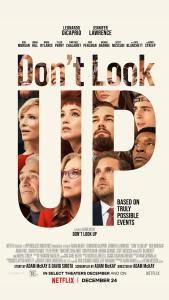
Just weeks after President Abraham Lincoln (Daniel Day-Lewis) is reelected to a second term in 1864, he pushes for the passage of the 13th Amendment to the United States Constitution that would outlaw slavery and involuntary servitude. It had already passed the Senate, but it stalled in the House of Representatives.
At the same time, word comes that the Confederacy is ready for peace discussions between the North and the South as the Civil War rages. The Senate figures that if peace is secured, there would be no need for the amendment to pass, and things could go back to the way they were before Lincoln issued the Emancipation Proclamation on January 1, 1863. Lincoln knows that the proclamation, as an executive order, could be challenged after the war.
Lincoln, directed by Oscar-winner Steven Spielberg, is an intimate study of the man, his family, his cabinet, and political machinations to achieve the end of slavery and bring the Civil War to a close.
There are no shabby performances in Lincoln. Day-Lewis’s Oscar-worthy turn is extraordinary. After watching the scene where he tends the fire and then kneels down so his son, Tad (Gulliver McGrath), can climb on his back for a ride to bed, I knew I was seeing something great and unforgettable.
Sally Field excels as the emotionally uneven wife, Mary Todd. Tommy Lee Jones, as Representative Thaddeus Stevens, who has to compromise ideology for terminology that turns the tide in the Senate, deserves an Oscar, too.
Day-Lewis, with the help of makeup wizardry and a compelling script by Tony Kushner, is Abraham Lincoln.
Click here for Breaking Dawn II and Silver Linings Playbook
From my column in the January 2013 issue of St. Anthony Messenger












